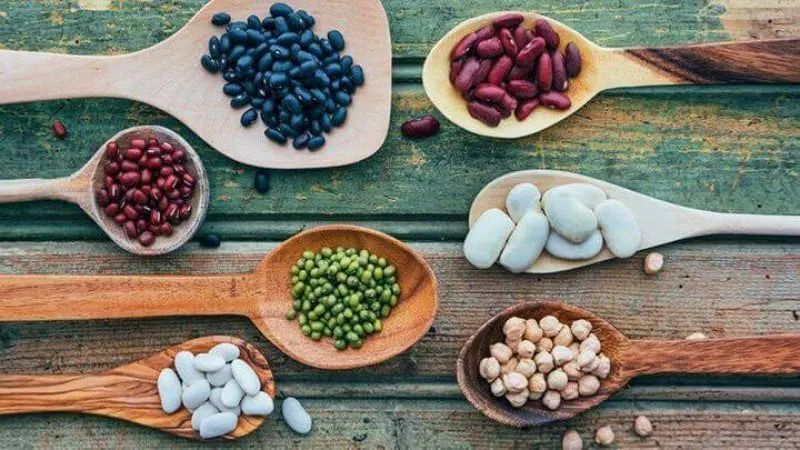Climate change impacts crops rich in micronutrients like zinc, vitamin A, and iron
Climate change impacts crops rich in micronutrients like zinc, vitamin A, and iron — triggering food security issues in lower-income countries


A new review paper, published in Advances in Nutrition, draws together the existing science of how climate change threatens staple grains, fruits, vegetables, and nuts across the world, while also underscoring the significant need for further research. The team of public health researchers from John Hopkins Bloomberg School of Public Health and the Children’s Investment Fund Foundation in London conclude that climate change—including the combined impacts of rising temperature and carbon dioxide, rising sea levels, and climate disasters—will cause crop yields, or the amount of food we can produce on the planet, to fall. The authors project that this could trigger increased spikes in food prices, deepening food insecurity and micronutrient deficiencies.
The researchers found that foods rich in micronutrients—particularly vitamin A, zinc, and iron—will see decreased yields, especially threatening the staple food and nutrient supply of low- and middle-income countries. While unable to draw more nuanced conclusions, [researcher Martin] Bloem says “there’s enough evidence that we need to [turn to] solutions.”
Already, over 2 billion people, or 30 percent of the global population, suffer from micronutrient deficiencies, a major cause of death and disease, and the authors project this will likely worsen.
This is an excerpt. Read the original post here.

 | Videos | More... |

Video: Nuclear energy will destroy us? Global warming is an existential threat? Chemicals are massacring bees? Donate to the Green Industrial Complex!
 | Bees & Pollinators | More... |

GLP podcast: Science journalism is a mess. Here’s how to fix it

Mosquito massacre: Can we safely tackle malaria with a CRISPR gene drive?

Are we facing an ‘Insect Apocalypse’ caused by ‘intensive, industrial’ farming and agricultural chemicals? The media say yes; Science says ‘no’
 | Infographics | More... |

Infographic: Global regulatory and health research agencies on whether glyphosate causes cancer
 | GMO FAQs | More... |

Why is there controversy over GMO foods but not GMO drugs?

How are GMOs labeled around the world?

How does genetic engineering differ from conventional breeding?
 | GLP Profiles | More... |

Alex Jones: Right-wing conspiracy theorist stokes fear of GMOs, pesticides to sell ‘health supplements’




 Viewpoint — Fact checking MAHA mythmakers: How wellness influencers and RFK, Jr. undermine American science and health
Viewpoint — Fact checking MAHA mythmakers: How wellness influencers and RFK, Jr. undermine American science and health Viewpoint: Video — Big Solar is gobbling up productive agricultural land and hurting farmers yet providing little energy or sustainabilty gains
Viewpoint: Video — Big Solar is gobbling up productive agricultural land and hurting farmers yet providing little energy or sustainabilty gains Trust issues: What happens when therapists use ChatGPT?
Trust issues: What happens when therapists use ChatGPT? Fighting deforestation with CO2: Biotechnology breakthrough creates sustainable palm oil alternative for cosmetics
Fighting deforestation with CO2: Biotechnology breakthrough creates sustainable palm oil alternative for cosmetics California, Washington, Oregon forge immunization alliance to safeguard vaccine access against federal undermining
California, Washington, Oregon forge immunization alliance to safeguard vaccine access against federal undermining 30-year-old tomato line shows genetic resistance to devastating virus
30-year-old tomato line shows genetic resistance to devastating virus The free-range chicken dilemma: Better for birds, but with substantial costs
The free-range chicken dilemma: Better for birds, but with substantial costs ‘You have to treat the brain first’: Rethinking chronic pain with Sanjay Gupta
‘You have to treat the brain first’: Rethinking chronic pain with Sanjay Gupta
